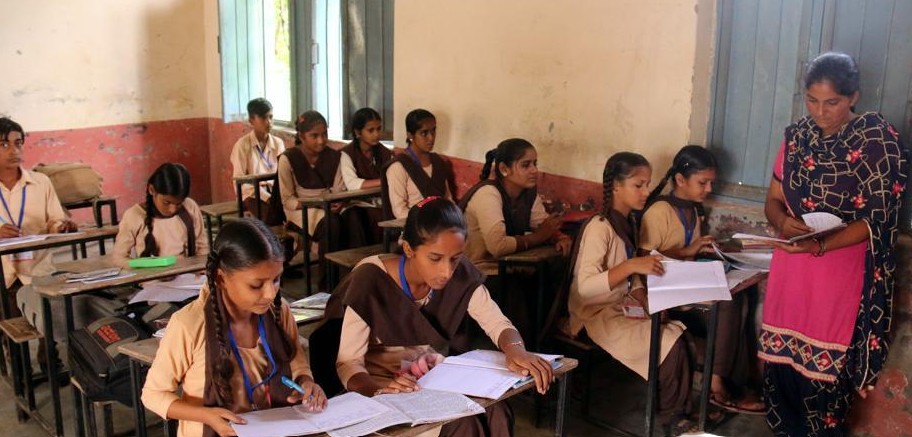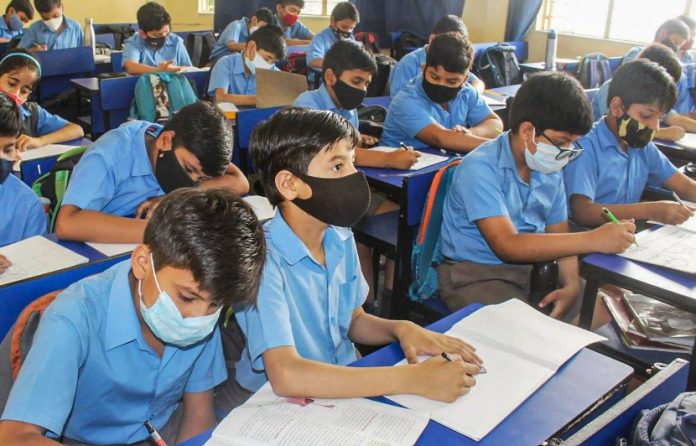In a landmark decision, the High Court has issued a directive mandating all private schools in Punjab to allocate 25% of their seats for students from economically weaker sections (EWS). This ruling is expected to significantly impact the state’s education system by ensuring that underprivileged children have access to quality education on par with their more affluent peers.
Background and Context
The directive comes in response to ongoing concerns regarding the accessibility of quality education for economically disadvantaged children in Punjab. Education is a fundamental right, as enshrined in the Right to Education (RTE) Act of 2009, which mandates that every child has the right to free and compulsory education. A key provision of the RTE Act requires private schools to reserve at least 25% of their seats for children from EWS and disadvantaged groups, ensuring they are not deprived of the benefits of a robust education system due to financial constraints.
Despite this legal requirement, several private schools in Punjab have been reluctant to comply, often citing financial and administrative challenges. Some institutions have even imposed additional barriers, such as complex admission processes, excessive documentation, and hidden costs, discouraging EWS families from applying. In light of these challenges, various social activists and NGOs have been advocating for stricter implementation of the RTE Act in the state.
High Court’s Intervention
Recognizing the need for a firm stance, the Punjab and Haryana High Court took up the matter following petitions filed by education rights groups and affected parents. In its judgment, the court reaffirmed that private schools must adhere to the legal mandate of reserving 25% of their seats for EWS students and directed the state government to ensure strict enforcement of this rule.
The court’s ruling emphasized that education should not be a privilege limited to those who can afford it but rather a right accessible to every child, regardless of socio-economic background. The judgment also underlined the responsibility of private schools to contribute to the larger goal of social equity and inclusion in education.

Implementation and Challenges
While the ruling is a significant step towards educational inclusivity, its implementation poses several challenges. Many private schools have expressed concerns over the financial burden of accommodating EWS students, arguing that the government should provide additional support to help cover tuition and other associated costs. The state government, in turn, has assured that necessary measures will be taken to facilitate a smooth transition and implementation process.
To ensure compliance, the court has directed the state education department to establish a robust monitoring system. This includes creating a transparent admission process, maintaining detailed records, and conducting regular audits of private schools. Parents from EWS backgrounds will also receive assistance in the admission process to prevent bureaucratic obstacles from hindering their children’s education.
Another challenge is social integration within classrooms. There have been instances in the past where EWS students have faced discrimination and social exclusion in elite private schools. The ruling calls for sensitization programs for teachers, staff, and students to foster an inclusive and supportive environment for all learners. Schools have been advised to conduct workshops and awareness campaigns to promote a culture of equality and acceptance.
Government’s Role and Support Measures
The state government has welcomed the court’s decision and pledged to take proactive measures to ensure its successful execution. Several initiatives are being planned to facilitate the integration of EWS students into private schools. These include:
- Financial Assistance: The government will provide financial aid to private schools to cover tuition fees, uniforms, books, and other educational expenses for EWS students.
- Streamlining Admission Procedures: A centralized online admission system is being developed to prevent malpractices and ensure a fair and transparent selection process.
- Awareness Campaigns: The government, along with NGOs and community organizations, will launch campaigns to educate parents about their rights and the process of securing admissions under the EWS quota.
- Teacher Training Programs: Special training sessions will be organized for teachers to help them address the unique challenges faced by EWS students and create an inclusive classroom environment.
Impact on Society
Furthermore, exposure to diverse socio-economic backgrounds within classrooms will help foster empathy, understanding, and collaboration among students from different walks of life. This, in turn, can contribute to a more equitable and harmonious society.
The enforcement of the 25% reservation policy is expected to have a far-reaching impact on Punjab’s education landscape. By granting EWS children access to quality education, the initiative aims to bridge the gap between different socio-economic strata and reduce educational inequalities. Over time, this could lead to enhanced career prospects, improved economic conditions, and overall societal upliftment for disadvantaged communities.
Reactions from Stakeholders
The High Court’s decision has elicited mixed reactions from various stakeholders.
- Education Activists and NGOs: Several education rights groups and activists have hailed the ruling as a progressive step toward educational equality. They argue that this will empower EWS children by providing them with opportunities previously beyond their reach.
- Private School Associations: On the other hand, private school associations have expressed concerns about the financial strain and logistical difficulties in implementing the directive. Some have called for greater government support to ease the transition.
- Parents and Students: Parents from EWS backgrounds have welcomed the judgment with optimism, seeing it as a crucial step toward securing a brighter future for their children. Many have urged the government to ensure that the policy is not merely on paper but effectively implemented on the ground.
The Punjab and Haryana High Court’s directive mandating a 25% reservation for EWS students in private schools marks a pivotal moment in the fight for educational equity. While challenges remain in terms of execution, the ruling reinforces the principle that education is a fundamental right, not a privilege. With collective efforts from the government, private institutions, and civil society, this initiative has the potential to transform the lives of countless underprivileged children, setting a precedent for inclusive and accessible education across India.


